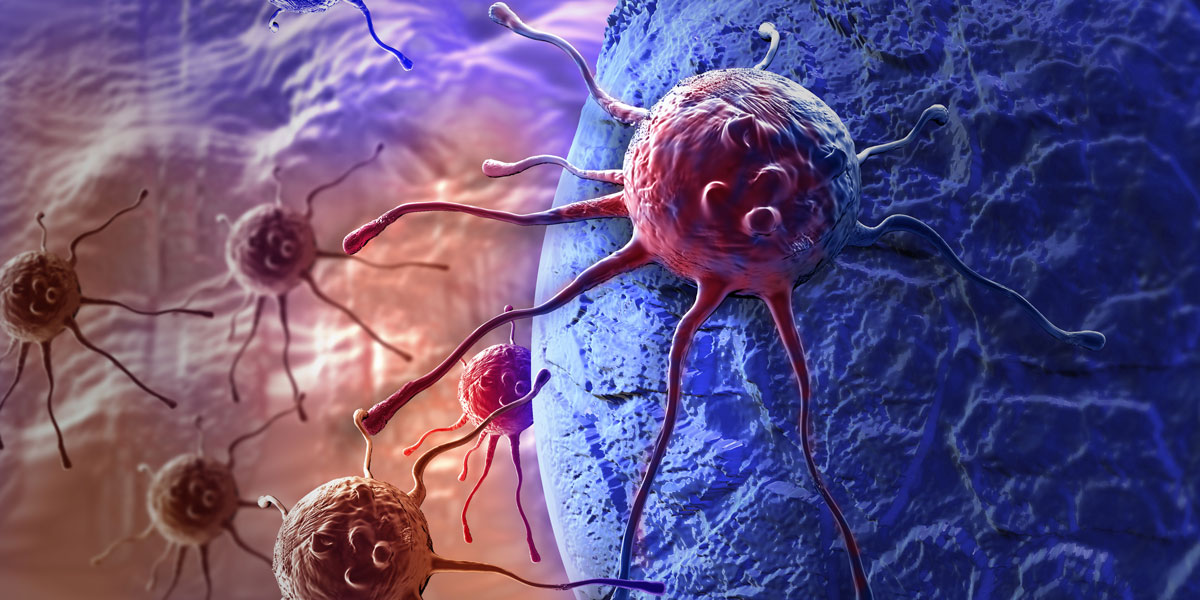
Irrelevant data used to dismiss tumours in animals exposed to pesticides
A new review of carcinogenicity assessments of pesticide active ingredients shows 40 percent were not carried out in compliance with existing European guidelines, leading to possible continued exposure of farmers and consumers to cancer-causing pesticides.[1] In 30 percent of the cases, significant details were missing from the dossiers, raising uncertainties about how European authorities came to the conclusion they did.
The review, "Chronically underrated – A review of the EU carcinogenic hazard assessment of 10 pesticides", released today by Pesticide Action Network (PAN) Germany and the Health and Environment Alliance (HEAL), analysed the carcinogenicity sections of the draft Renewal Assessments Reports (RARs) of ten pesticides.[2] The review, performed by senior toxicologist Dr Peter Clausing, focused on how the sections describing carcinogenicity studies in rats and mice in the EU assessment documents complied with the applicable guidelines and guidance documents of the EU and the Organisation for Economic Cooperation and Development (OECD).
Susan Haffmans, senior advisor on pesticides at PAN Germany, said, “After discovering a considerable number of flaws in the carcinogenicity assessment of glyphosate, it was the logical next step to investigate whether similar problems occurred with other pesticides. Analysing these ten RARs has made it clear that at least three of the pesticides should have been classified as ‘presumed’ human carcinogens, rather than just ‘suspected’ human carcinogens."
The carcinogenicity classification triggers the regulatory fate of a pesticide active ingredient. Pesticides classified as "suspected" human carcinogens can be marketed, while those classified as "presumed" human carcinogens cannot.[3]
The new review shows that:
– For three pesticides, the outcome of Dr Clausing's review was similar to that of the European authorities: chlorothalonil, diuron, forchlorfenuron;
– For three pesticides, the outcome of Dr Clausing's review differed from that of the European authorities and concluded that the classification should be upgraded: folpet, pirimicarb, and thiacloprid;
– For one pesticide, Dr Clausing's review found that severe data gap should have been identified by the European authorities and a flawed decisive carcinogenicity should not have been accepted: phosmet;
– For three pesticides, Dr Clausing's review found that reports were not sufficiently informed to allow any conclusive external review: captan, chlorpropham, and dimoxystrobin.
Abuse of historical control data
The new review found – in line with the long-standing concerns of GMWatch – that the most frequent flaw in carcinogenicity assessments was the abuse of historical control data. Historical control data are drawn from control animals in experiments other than the one under examination, carried out at different times and in different conditions. Due to the large number of variables introduced by these differing conditions, the data obtained from historical controls cover a very broad range of values.
In the abuse of such data identified by the new review, this broad range of values was wrongly used to state that any cancers seen in the animals exposed to the pesticide fall within this range and thus do not represent a real carcinogenic effect of the pesticide.
According to good scientific practice and official guidance set by the OECD for regulators to follow, the most valid control group is the one within the experiment under examination – and historical control data should not be used to dismiss tumours found in treatment (exposed) groups of animals. An exception can be made in certain highly restricted circumstances, but these hardly ever apply in such cases of invalid dismissals.
Specifically, the new review found that historical control data were wrongly used by industry and regulators to dismiss study results for dimoxystrobin, folpet, phosmet and pirimicarb.
Rise of cancer
Genon K. Jensen, Executive Director of the Health and Environment Alliance (HEAL) commented, “The current rise of non-communicable diseases including cancer means that Europe cannot afford the health price of flawed pesticides classifications. Committing to a rigorous implementation of European laws should be a founding block of reaching Europe’s zero-pollution objective to prevent diseases and protect people, starting with farmers, from substances toxic to their health.”
PAN Germany and HEAL called on the European Commission President-elect Ursula von der Leyen to pay particular attention to a more rigorous application of existing pesticide legislation and guidance documents. In her recent confirmation hearing at the European Parliament, the Commissioner-designate for health Stella Kyriakides already agreed Europe needs to reduce dependency on pesticides and stimulate the take-up of low-risk and non-chemical alternatives.[4]
Notes
[1] Chronically Underrated, Peter Clausing, October 2019.
[2] The ten pesticides reviewed included Captan, Chlorotalonil, Chlorpropham, Dimoxystrobin, Diuron, Folpet, Forchlorfenuron, Phosmet, Pirimicarb and Thiacloprid.
[3] Article 3.6.3 of regulation 1107/2009 states: “An active substance, safener or synergist shall only be approved, if, on the basis of assessment of carcinogenicity testing carried out in accordance with the data requirements for the active substances, safener or synergist and other available data and information, including a review of the scientific literature, reviewed by the Authority, it is not or has not to be classified, in accordance with the provisions of Regulation (EC) No 1272/2008, as carcinogen category 1A or 1B…”
[4] Answers to the European Parliament questionnaire to the Commissioner-designate for health Stella Kyriakides.
The new report and summary are available here:
https://pan-germany.org/pestizide/carcinogenicity-assessment-was-flawed-for-4-out-of-10-pesticides-new-report-shows/










